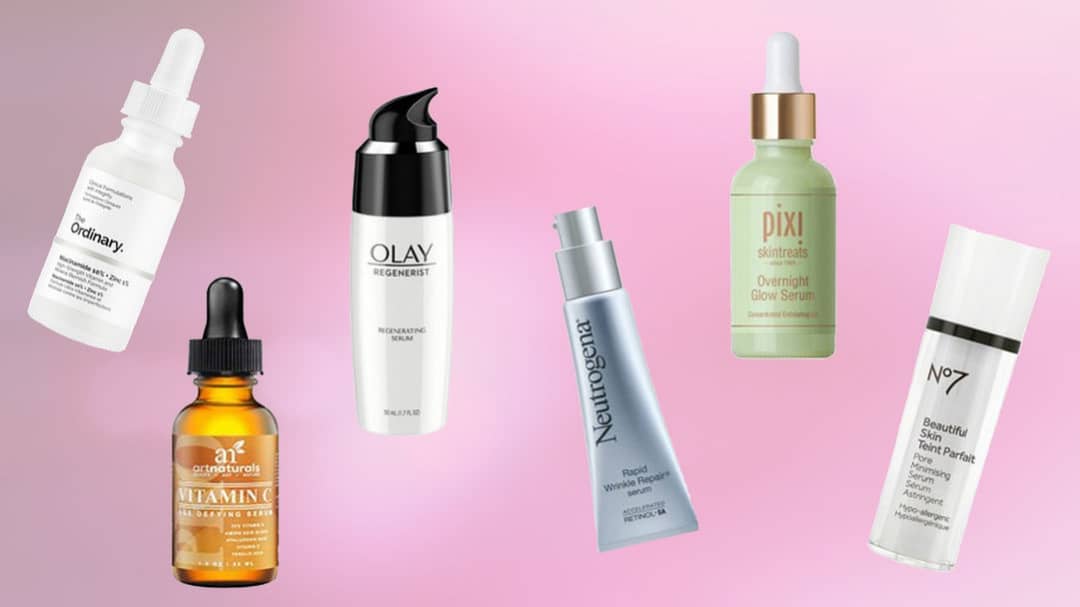There are so many reasons people use skincare products, whether those products are off the shelf, or natural formulations they’ve made themselves.
You might want products to clean or brighten your skin, or to help you with skin that’s sensitive, oily or dry. Maybe you hope to improve a skin condition, heal or rejuvenate damaged skin, or reduce the signs of aging.
Whatever the answer, there’s one thing we think everybody wants.
It’s simply that wonderful feeling of inner confidence that comes when your skin looks and feels its radiant best.
Just as you started to get to grips with the monotonous routine of cleansing, toning and moisturising your skin every day the beauty world introduces a new, must-have, miracle step – serum. And serums are those star skincare products that have the most effective ingredients, formulated to make a difference that you can see and feel.
But, what is a Serum and do you really need to use one?
They are highly concentrated formulations that are designed to sink into the skin quickly, delivering an intensive dose of ingredients that can address common skin complaints. That’s why they’re usually the most expensive skincare product on anyone’s shelf.

How do you choose and use a skin serum?
Serums are typically applied to skin after cleansing but before moisturizing. When choosing a serum, get to know your skin concern and ingredients of the serum first.
If you’re… Acne-prone: Look for vitamin C (increases collagen production, enhances skin’s repair process, and reduces inflammation), retinol (also an antioxidant, reduces inflammation), zinc (soothes irritation, regulates oil production), and salicylic acid (unclogs pores).
Dry: Look for vitamin E (an antioxidant, protects cells from oxidative damage), niacinamide (improves skin elasticity, increases ceramide levels in skin), glycolic acid (gently exfoliates and lightens discoloration), and hyaluronic acid (retains moisture).
Feeling dull: Look for antioxidants like green tea extract, resveratrol, ferulic acid (these combat free radicals, increase effectiveness of sunscreen by day, and promote cellular repair and healing by night).
Caution when using a skin serum
Powerful ingredients can irritate sensitive skin. Always test a small area before you apply a skin serum widely. And use caution when combining acid-containing serums with other products that also contain acids. For example, your skin may get irritated if you use a serum with vitamin C (which is acidic) and as well as a retinol cream, or if you use a retinol serum along with a prescription retinol cream.





